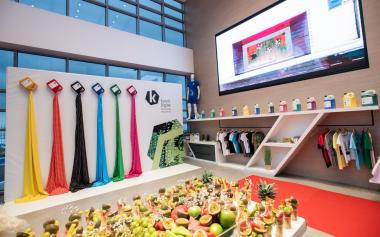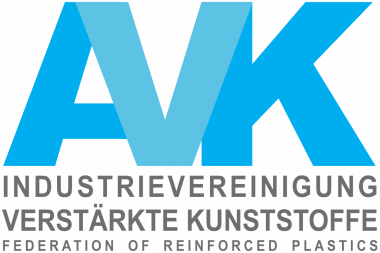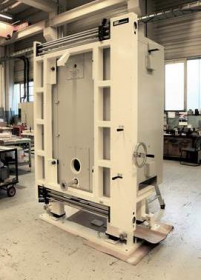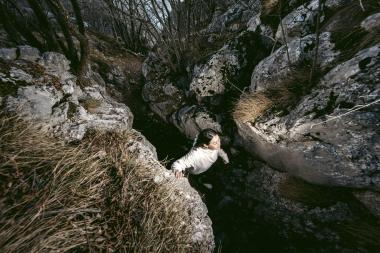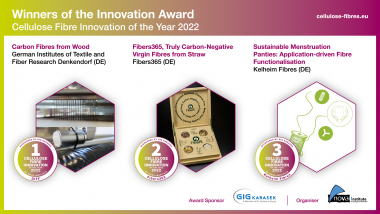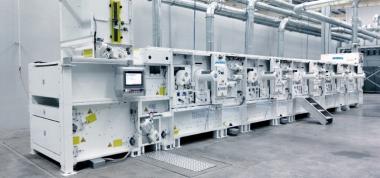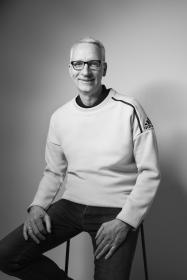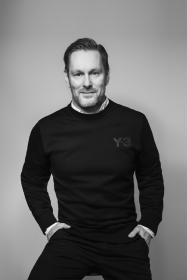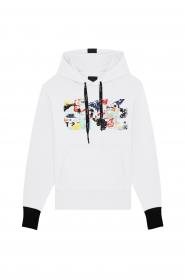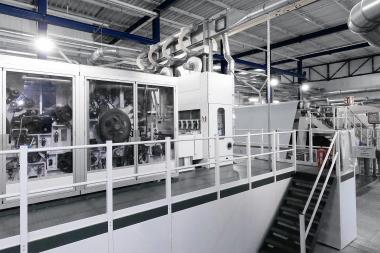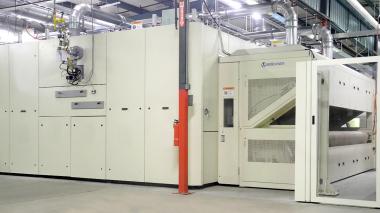adidas celebrates and supports Black women in Sport, Fashion and Innovation
- This Black History Month, the brand is announcing a series of ongoing initiatives focused on celebrating, uplifting and supporting Black women - starting with elevating stories of their lived experiences
- New community actions include an accelerator program for social entrepreneurs; a series of adidas Community curriculums and mentorship opportunities; and an industry-changing design program for the next generation of creators
- Powered by its Impossible Is Nothing attitude, adidas is accelerating its mission to create real , lasting change for historically underserved communities
In a continuation of the brand’s Impossible Is Nothing attitude – and its biggest ever commitment to women – adidas is centering its Black History Month initiatives around celebrating, uplifting and supporting Black Women in sport, fashion and innovation.
Brought to life through athlete partners like Kahleah Copper, Erica Wheeler, Angel McCoughtry , Imani Dorsey, Kendra Harrison and Sarah Nurse , this year’s Black History Month platform focuses on the representation of Black voices by spotlighting the real-life experiences of Black athletes. Meanwhile, sustained community programming and actions will offer Black women creators with real-life opportunities for education, mentorship and growth.
Among many long-term community initiatives that create more opportunities for Black girls and women, adidas is deepening its commitment with the following programs launching this month and beyond:
- Cultivate & B.L.O.O.M (Building Legacies Out Of Movements) an adidas Accelerator - adidas has created an accelerator program that aims to close the opportunity gap that exists for social entrepreneurs of color.
- S.E.E.D. (School for Experimental Education in Design) Program - S.E.E.D. is a two-year program at the adidas Brooklyn Creator Farm in partnership with Pensole Academy
- adidas Community Platform - adidas Community is a digital network for education, creative collaboration , and growth opportunities that pairs community members with community mentors
Other ongoing programming and partnerships includes work with adidas Legacy, the Black Women’s Player’s Collective, U.S. Soccer Foundation, Beyoncé’s BeyGOOD foundation, Pharrell’s Black Ambition, United Negro College Fund scholarsships, Blavity.org Growth Fellowship, Appeitie for Change youth programming, Wood U in partnership with Pensole and the Iovine & Young Academy and Sound Labs - an initiative to foster creative collaboration , innovation and proactively support music programs in public schools lacking in financial support.
adidas AG









